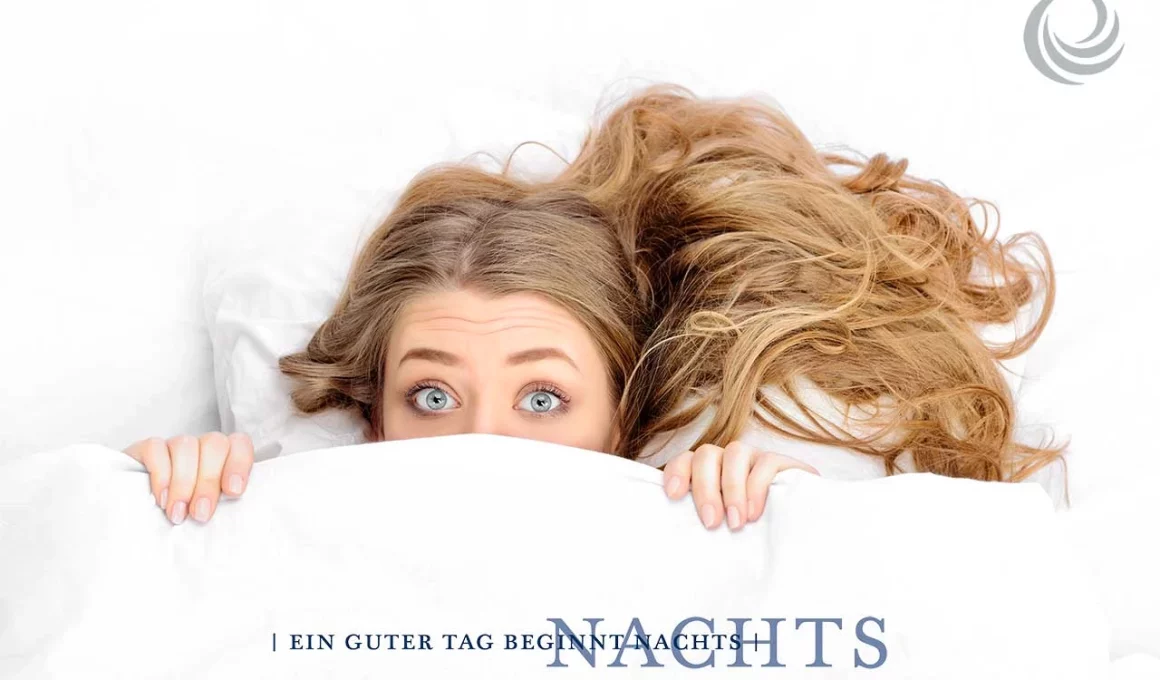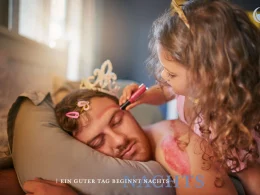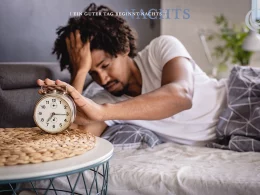Twitching when falling asleep – from mild to severe
Almost all of us have been affected by it ourselves. Twitching more or less violently when falling asleep is a widespread phenomenon that many people are not even aware of. Twitching to fall asleep can occur with varying degrees of intensity, but is generally harmless and no cause for concern.
Twitching during sleep: completely normal and harmless
Slight twitching during sleep often goes unnoticed. Stronger twitching when falling asleep, on the other hand, can be quite disturbing and result in waking up. But what are the causes of muscle twitching at night during sleep? Twitching normally occurs during the falling asleep phase, when we – and therefore our brain – slowly come to rest. However, some of our muscles are not yet completely relaxed during this phase of falling asleep.
Possible causes of twitching when falling asleep
Researchers still disagree about the possible reasons for twitching at night. Overstimulation of the brain nerves is one possible theory. Another is that in some cases the shutdown of the body when falling asleep is uncoordinated. This means that parts of the body are already in sleep mode while others are still active. It is also possible that the muscle twitching is a result of our body feeling that it is losing control when we fall asleep due to the relaxing muscles and therefore initiating a flinch.
Visual and auditory side effects
Those affected often have the subjective sensation of stumbling or falling while twitching as they fall asleep. Sounds or lights can also sometimes be perceived when falling asleep at the moment of twitching. These phenomena are just as harmless as the muscle twitching itself.
Often helpful for twitching during sleep: good sleep hygiene
Stress, an excess of caffeine, nicotine or alcohol, intensive sports training shortly before going to bed, irregular sleeping times – all these factors can contribute to us twitching when falling asleep. Good sleep hygiene is therefore recommended: a relaxed atmosphere in the bedroom, regular sleeping times, light food before going to bed and high-quality and individually adapted bedding can counteract twitching when falling asleep.














